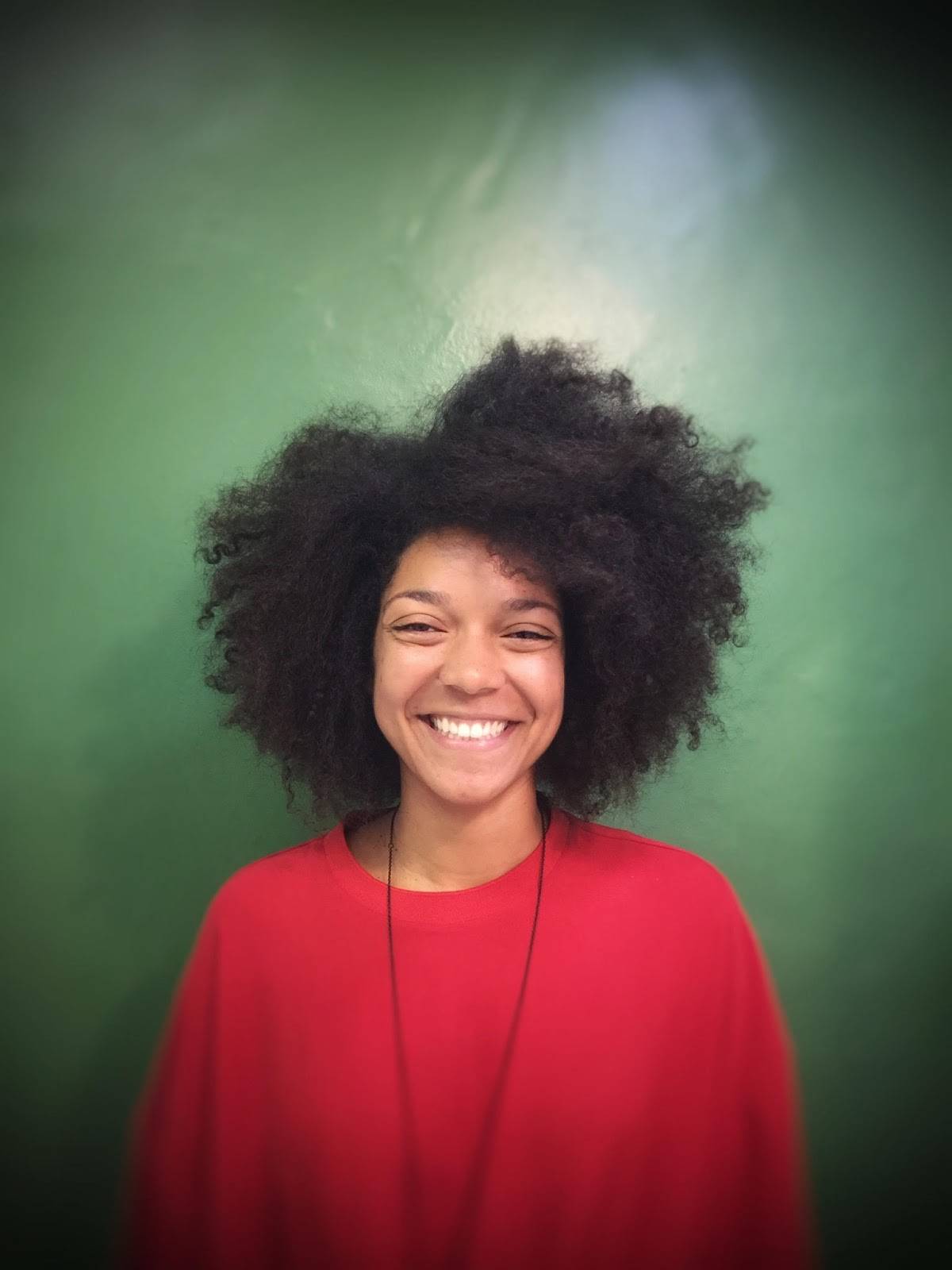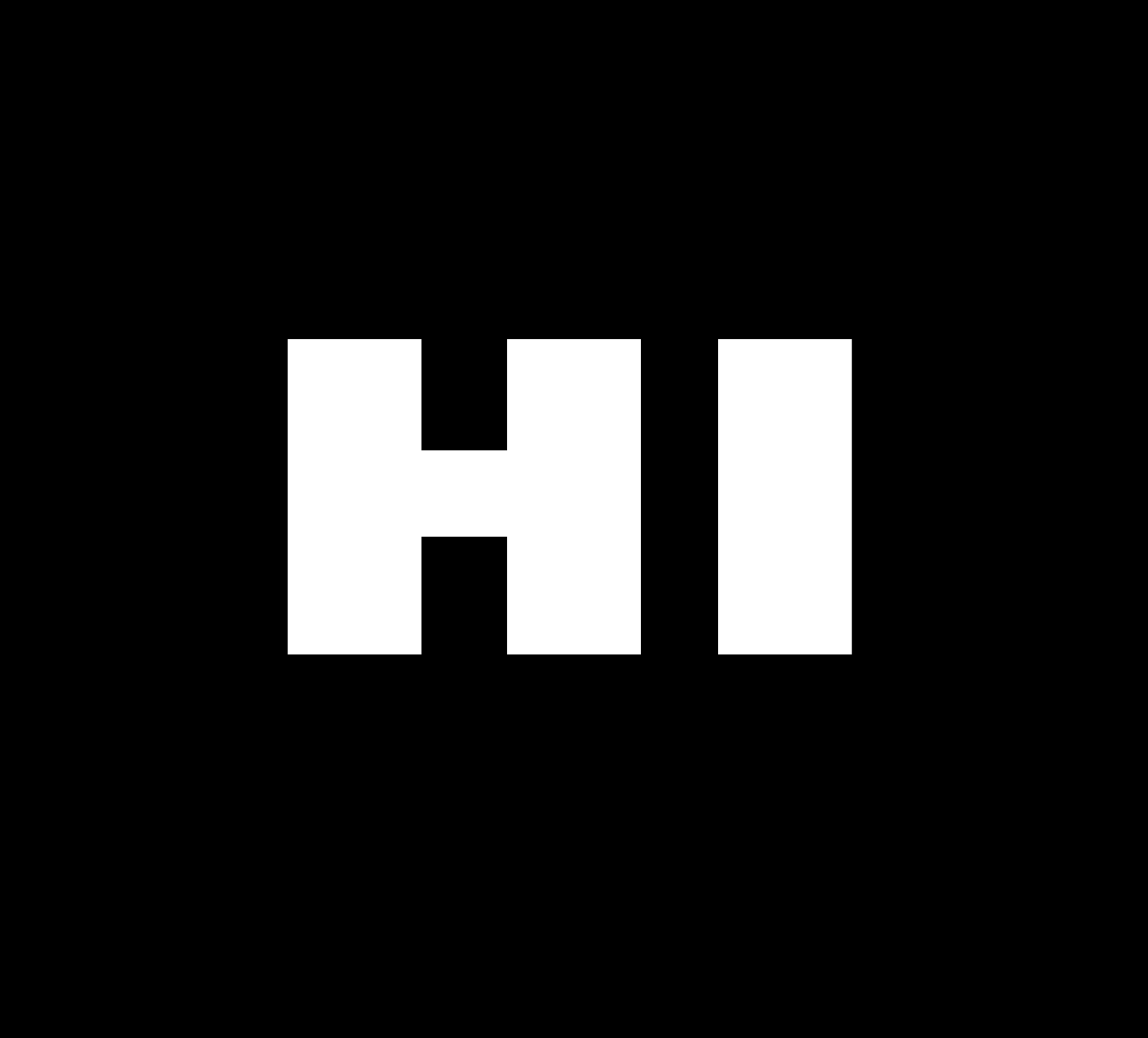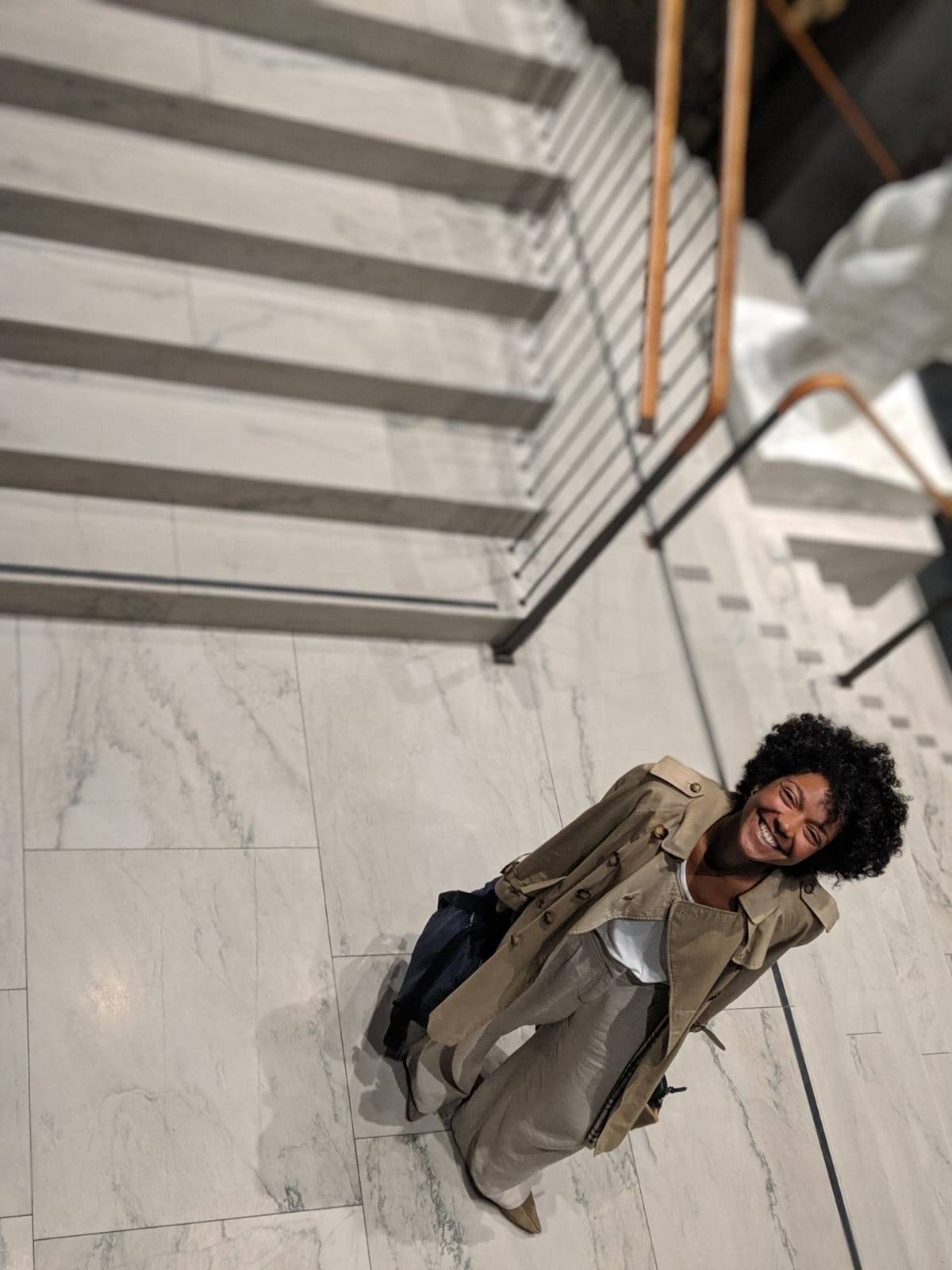Audio experiences are a hot topic for the future of technology and usability right now. So, when we reconnected with a member of our esteemed alumni, Danny Mallas, a product manager at Spotify, we had to know more about how she’s driving the audio revolution at the Swedish-born global music streaming powerhouse. Here, you’ll find valuable insights into the product manager role, the impact of the pandemic on the tech industry, Hyper Island takeaways, and much more. Enjoy!
Hey Danny! Please tell us who you are and what your current role is in the world of work.
My name is Danny Mallas and my professional self can be defined by my joy of asking questions, solving problems, and leading teams and products towards their best versions. At the moment, I am Product Manager of two teams at Spotify that integrate and improve our audio experiences to voice assistants. Together with global partners, we ensure that Spotify can be effortlessly accessible via a variety of devices that are voice enabled, such as smart speakers, mobile phones, headphones, and smart watches.
What does a typical day as a product manager at Spotify look like?
My day starts with a short stand-up with each team. Here we check in on work in progress, share updates, and ensure we’re all focusing on the most important things. Since my role as Product Manager is to drive the success of my product space, the rest of my day is often spent in meetings with stakeholders and partners to understand their needs, negotiate improvements, and find ways to excel Spotify voice experiences. Other parts of my day are also dedicated to working close to other disciplines like design, product insights, and engineers to identify current gaps and discuss the performance of our integrations.
How are you associated with Hyper Island?
I had an amazing time on the Digital Data Strategy (DDS) program during 2015-2016 in Stockholm. It was challenging, however, that was exactly what I was looking for; deep learnings and non-conventional learning methods, as well as great connections and opportunities.
During the course, my interest for team dynamics/development grew and I had the chance to run the recruitment process for the next DDS class. I also facilitated their Way Week, together with two brilliant Hyper Island minds: Louise Norrman and Thomas Bjork.
My time post Hyper Island was within Coaching, so I was able to continue to share my learnings by giving lectures to various programs (Data Analyst, Business Developer), and was given the chance to be an industry leader during 2020.
I hope to continue my involvement with such a great institution that provides outstanding tools for personal as well as professional development.
format_quote“Hyper Island values experimentation and failure as a learning method and brings students close to the industry, which is priceless.”
Spotify has had a rapid and meteoric rise. How do you land a job at an attractive company like Spotify?
The world of technology moves way too quickly and the ability to get unstuck is highly appreciated. Of course experience matters, but in some instances being a great problem solver is what is needed the most.
format_quote“Spotify, like many other growing companies, is interested in people that have a growth mindset, that can be adaptive, embrace failure, and learn from them.”
I was able to clearly articulate why I felt I was a good match for Spotify, and I was very honest with the things I wanted/needed to learn. Hyper Island has a great reputation for its innovative methods, and having the ability to talk about the work I’ve done with different companies and clients really helped. But I also had a diverse background and working experience prior to my time at Hyper Island, which is positive in the creative tech industry.
How has the tech industry been affected by the pandemic and where does it go from here?
2020 was a year in which a lot of businesses were forced to reinvent themselves and rethink their growth strategies. There are two aspects of the pandemic within the tech industry that stood out for me: increased employer responsibility towards mental health issues and the reinvention of productivity (not only peoplewise, but also businesswise).
When people were forced to completely change their routines and were still expected to deliver, a new level of adaptability was required from employers. The connectivity to the brand and workplace was challenged and what was essential for productivity was put to the test. Suddenly the conversations about “how people are doing” couldn’t be ignored or they were made much more personal. We are collectively living very similar lives but we desperately need tailored support in order to continue to deliver on our day-to-day remote work. So, barriers related to mental health were broken and incorporated as part of the company’s broad communication.
On the productivity side, communication is the key.
format_quote“All of a sudden, tapping someone on the shoulder to share that idea or to solve that issue is not a reality anymore.”

The ability to articulate ideas via writing is a must, and can, at times, become an equalizer for introverts or people whose native languages are not the one spoken in the workplace. I believe the tech world will continue to push digital innovation to respond quickly to any fluctuations in society and businesses.
You’re creating voice experiences at Spotify. How do you approach this with the strict privacy regulations in mind?
Legal compliance is in the forefront of our product development. Spotify operates on a global scale and we take very seriously all the permutations it can bring to our users and company. We have legal experts involved in many steps of the product development cycle, we follow strict laws, and we have entire departments only looking at how we can do better on behalf of our consumers and partners.
When it comes to voice technology, privacy issues are still top of the list as a barrier to broader voice adoption, as well as low awareness of what voice can be used for. However, this is a fast developing technology that continues to improve its accuracy and capabilities—as is increasingly using the power of AI to do so. The industry reflects a positive trend, as we continue to see a rise of voice-enabled devices in the market, worldwide. I feel it’s just a matter of time for consumers to give in to voice, where voice is most efficient; combining its usage with other modalities, such as touch and visual. I’m excited to innovate in this space to support our current and future users to access Spotify even more broadly via voice.
What experiences from Hyper Island do you find most valuable in relation to your work life?
The opportunity to work with real clients and projects that actually are solving current user problems is really rewarding.
format_quote“As a consequence, you’re able to translate foundational learnings into your decision making and receive feedback from industry leaders.”
Beyond that, you’re able to iterate on it by doing it many times over, resulting in a highly diverse experience over a short period of time.
But there’s one one caveat: it all depends on how much effort you put into achieving your learning outcomes.
Streaming has overtaken the CD-buying experience. How can Spotify maintain the fan-artist connection and experience?
Spotify’s mission is to unlock the potential of human creativity by giving a million creative artists the opportunity to live off their art, and billions of fans the opportunity to enjoy and be inspired by it.
format_quote“We are a company that wants to expand connections between creators and fans by continuously innovating in the audio space.”
I believe the streaming industry has enabled those connections to be broadly accessible, since instead of having to spend money on a single album, you can rather have a whole library of content awaiting to be explored.
Features such as canvas (videos updated by artists in the background of a track) and lyrics are just some ways we are improving to enhance connections even further. We are in for the long run, so you can expect much more to come.


